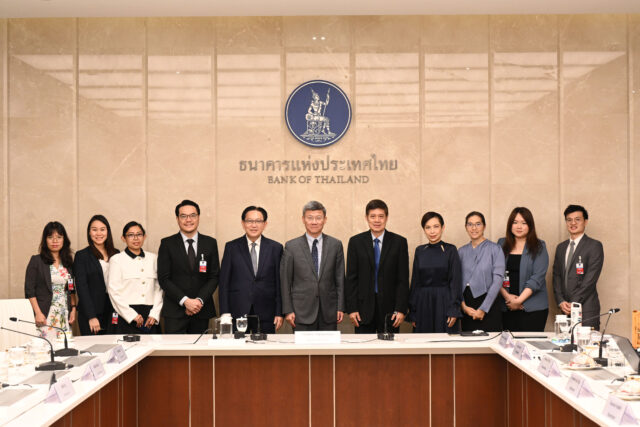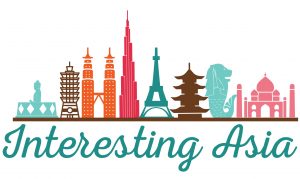
Thailand has recorded a solid economic recovery this year with robust domestic demand and a sustained rebound in tourist arrivals helping spur growth. However, uncertainty lingers. During the ASEAN+3 Macroeconomic Research Office’s (AMRO) Annual Consultation Visit, the organization found domestic political developments and possible external headwinds threaten the country’s long-term outlook.
Additionally, AMRO noted that Thailand faces structural challenges and weaker long-term growth prospects caused by ongoing geoeconomic shifts and climate change risks.
“Thailand’s growth is expected to strengthen to 3.7 percent in 2023, led by resilient domestic demand and a strong rebound in tourist arrivals which boosted the expansion in tourism-related services,” AMRO Principal Economist Allen Ng pointed out. “However, the uncertainty surrounding the current outlook is high given ongoing domestic political developments and continued external risks.”
As for positives, the country’s GDP growth rose to 2.7 percent in the first quarter of 2023 and could increase to as much as 3.9 percent by 2024. Meanwhile, inflation slowed considerably over the first six months of the year which also boosted a widespread Thailand economic recovery.
The risks could undo all of that, according to AMRO. The office cited both prolonged political uncertainty domestically and a faltering recovery in China as issues that could negatively impact the tourism sector and the Thai economy more broadly.
Looking at the long-term economic picture, AMRO found several areas the Kingdom should focus on in an attempt to secure more significant growth.
“To enhance longer-term growth, a further scaling up of public investment, prioritizing supply-side policies, encouraging balanced regional development, and improving labor productivity will be key. The pursuits of new free trade agreements will help Thailand buffer against geopolitical risks and sustain its external competitiveness. In addition, sizable investment would be needed to address the risks associated with climate change and to support sustainable economic growth,” Ng concluded.
Keep Reading: Thailand hopes to benefit from competition between China and the United States

































